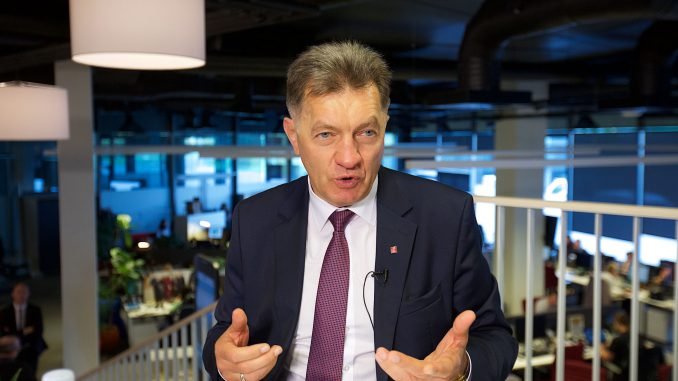
“I would like to emphasise that in order to modify BRELL agreement terms, a country must not cause damages to other countries. Listing possible losses due to the change of agreement terms is only an interpretation so far. At the moment we are not considering compensations as concerns alteration of agreement terms,” the prime minister told the national radio on Tuesday morning.
In 2001, five countries – Belarus, Russia, Estonia, Latvia and Lithuania (BRELL) – signed an Agreement on Parallel Operation of the Power Systems. The countries formed a BRELL ring and agreed that their high voltage power transmission networks will operate synchronously as a single system.
Meanwhile, the integration of the Baltic states into the energy market of Western Europe via power connections with Poland and Sweden is nearing completion. In recent days there have been media reports that Russia and Belarus might demand compensation for alleged damages of changing BRELL agreement terms.
According to Butkevičius, after the system begins operating synchronously with the network of continental Europe, the existing power lines between Lithuania and Russia or Belarus will not be dismantled. Only the technological management of the connections with Russia and Belarus will change. This means that power connections will continue to be used and electricity trade will continue. However, there will no longer be complete inter-dependency.
The prime minister said it will be a long-lasting process. BRELL system is operating as there is no other choice. Negotiations between the EU and Russia with Belarus will take place when the synchronisation project will enter implementation – something that is being discussed now while expert studies are ongoing.
The Lithuanian prime minister also emphasised that switching the system from one synchronous zone to another is a complex large-scale project, encompassing many legal, engineering, technological and procedural issues.
“I cannot say when it will be implemented. It is planned for 2024. I do not think negotiations on the matter will be between companies, but instead between the EU and Russia with Belarus,” Butkevičius said.

Be the first to comment